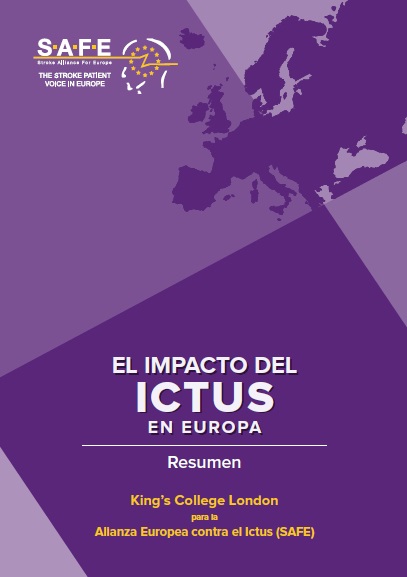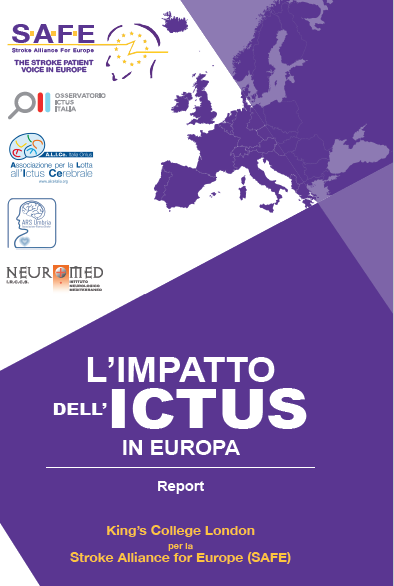
Jan 19, 2018
A team lead by Sílvia Vilares Conde, from CEDOC-NOVA Medical School, in collaboration with the pharmaceutical company Galvani Bioelectronics, has demonstrated through findings in rats that is possible to restore insulin sensitivity and glucose homeostasis, by modulating electrically the carotid sinus nerve, the sensitive nerve that connects the carotid body with the brain. The study is published in Diabetologia, the journal of the European Association for the Study of Diabetes [EASD]. (more…)

Jan 19, 2018
A brain-machine interface that combines brain stimulation with a robotic device controlling hand movement increases the output of pathways connecting the brain and spinal cord, according to a study of healthy adults published in JNeurosci. This work could have implications for restoring function in stroke patients with hand paralysis. (more…)

Jan 19, 2018
Methods from optogenetics and machine learning should help improve treatment options for stroke patients. Researchers from Heidelberg University have developed a computer vision technique to analyse the changes in motor skills that result from targeted stimulation of healthy areas of the brain. Movements recorded with a video camera are automatically analysed to monitor the rehabilitation process and evaluate and adjust the optogenetic stimulation. Researchers from the Interdisciplinary Center for Scientific Computing (IWR) in Heidelberg worked with neurobiologists from Switzerland to develop the method. (more…)

Jan 19, 2018
Atrial fibrillation (AF) can often be asymptomatic, leading to difficulties in diagnosis and untreated risks for morbidity and mortality. The occurrence of paroxysmal AF (PAF), in which the fibrillation event is intermittent, resolves without medical intervention and lasts for less than seven days, adds another layer of diagnostic complication. In a study published in the journal CHEST®, researchers found that asymptomatic PAF patients are more likely to be older, male, and have more comorbidities and a higher risk of stroke than symptomatic patients. In an analysis of a sustained AF (SAF) group, the prevalence of major comorbidities and stroke risk were comparable in both asymptomatic and symptomatic patients. (more…)

Jan 12, 2018
The Burden of Stroke Report, performed by King’s College London on behalf of SAFE in May 2017 is now translated to Spanish and Italian language. We would like to thank our partner Bristol-Myers Squibb (BMS), a part of a BMS-Pfizer Alliance for their support in obtaining the Spanish version and we express our gratitude to organisations ARS Umbria and ALICe Italia for their support in translating this report to Italian language.
Please see below the front covers of both reports. You can download the Italian version by clicking on the picture and Spanish version is available on Fundació Ictus website.









